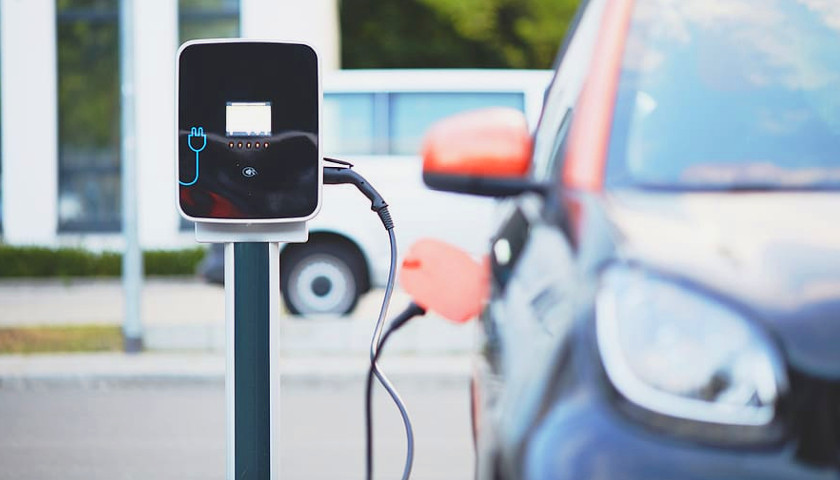Georgia Power officials announced a new initiative this month to provide drivers of electric vehicles with charging stations around the state.
But in a press release, Georgia Power officials did not describe whether enough people in the state drive electric vehicles to justify the investment.
Officials with Southern Company, the utility’s corporate parent, said they will join utilities in other states to place Direct Current Fast Chargers along major highway routes
“Working with the Georgia Public Service Commission, the company has installed 49 DC fast chargers in locations statewide and is investing $6 million over three years in fast-charging infrastructure across Georgia,” Georgia Power officials said in the press release.
“The installation represents the newest technology in EV fast chargers, offering charging speeds up to 125kW – adding 100 miles in 12 minutes – dual dispensers and power sharing capabilities to maximize the number of ports that can be deployed and still receive an optimal charge.”
Georgia Power officials also offer EV charger rebates for business and residential customers, the press release said.
In 2013 and 2015, Tennessee Watchdog found that taxpayer-funded charging stations in Nashville were seldom used.
Tennessee Watchdog, citing federal documents, showed that officials with the U.S. Department of Energy had made similar conclusions. Nationwide, 10,300 of the nearly 17,000 chargers at the time — 60 percent — were for residential use. Documents show more than 85 percent of people charge their electric cars at home instead of in public.
Also as the website reported in 2015, Tennessee officials in the fall spent $181,250 to place three charging stations at the Nashville International Airport. In five weeks, 29 cars were charged for a flat fee of $2 each. At that rate, the charging stations would pay for themselves in about 300 years. The Tennessee Department of Environment and Conservation provided that money.
According to a 2019 article on the Institute for Energy Research’s website, a study out of Germany found that electric vehicles in that country emit more carbon dioxide.
The study considered the production of batteries as well as the German electricity mix in making this determination.
Georgia Power, according to the Georgia Public Service Commission’s website, is an investor-owned utility and serves 2.4 million customers in 155 of Georgia’s 159 counties.
– – –
Chris Butler is an investigative journalist at The Tennessee Star. Follow Chris on Facebook. Email tips to [email protected].








